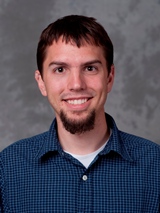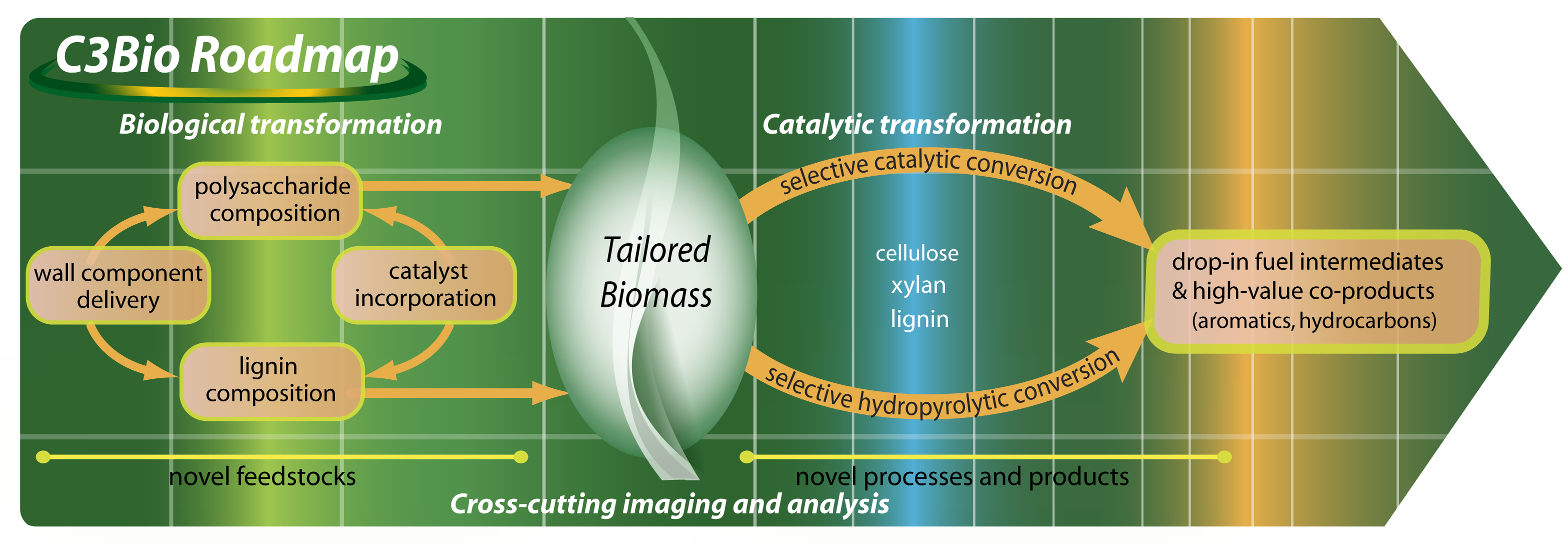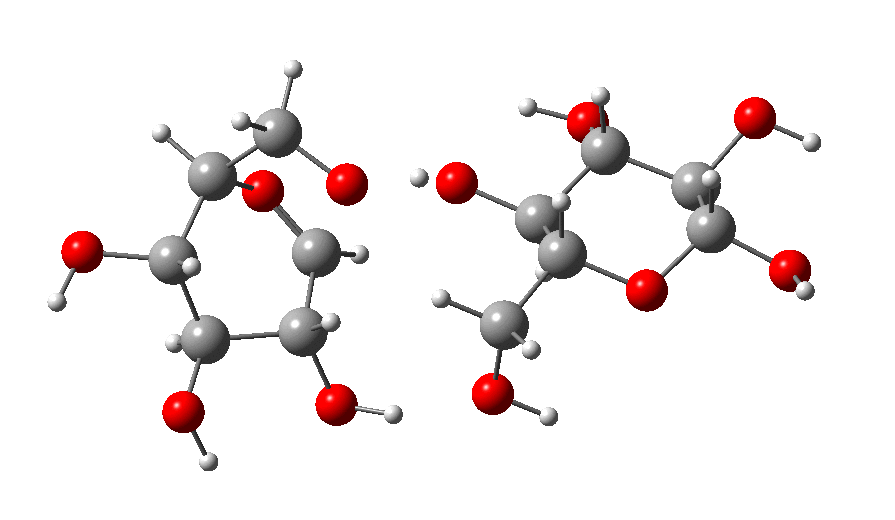
Background
Education
Brigham Young University, B.S. Chemical Engineering (2010)
Brigham Young University, B.S. Mathematics (2010)
Purdue University, Ph.D. Chemical Engineering (2010 – present)
Experience
- WesTech Inc., Intern (May 2010 - Aug. 2010)
- BYU Math Lab, Supervising Teaching Assistant (Feb. 2008 - May 2010)
Awards
- Magoon Award for Excellence in Teaching - Purdue College of Engineering (2014)
About Me
I have been married for 6 years and have two children, Dallin and Connor. When not running quantum calculations on the Purdue supercomputer clusters, I enjoy reading classic literature and participating in a volleyball league. I am colorblind and fluent in Thai.
Project Description
As a member of Purdue's Center for Direct Catalytic Conversion of Biomass to Biofuels (C3Bio), I research the fundamental chemistries at work during the pyrolysis of biomass as a key step in the processing of renewable fuels and chemicals. Fast pyrolysis—heating in the absence of oxygen—causes cellulosic plant matter to decompose, but the specific mechanisms by which this occurs is not well known. My contribution is to help reveal the underlying reaction pathways that dictate the overall process of cellulose pyrolysis.

The solution to the Schrodinger equation gives critical information about a system, including thermodynamic data. The computational resources required to solve this equation limits the feasible system size and theoretical methods. To overcome these difficulties, calculations are performed on cellobiose, a two-unit glucose residue of polymeric cellulose. Post Hartree-Fock ab initio methods are replaced by a combination of molecular mechanics (MM) and density functional theory (DFT) to further improve computational efficiency.

This work is a collaborative effort with experimentalists in the School of Chemical Engineering (John Degenstein) and the Chemistry department (Hilkka Kenttämaa research group). Theoretical calculations assist in selecting meaningful experiments and validating results while the experimental work helps theoreticians narrow the focus of calculations.
Conference Presentations
- M. Easton, J. Degenstein, P. Murria, J. J. Nash, H. I. Kenttämaa, A Combined Experimental and Computational Study on the Reaction Pathways of Fast Pyrolysis of Cellobiose, ASMS Annual Meeting, July 2014, Baltimore, MD, USA (Oral)

